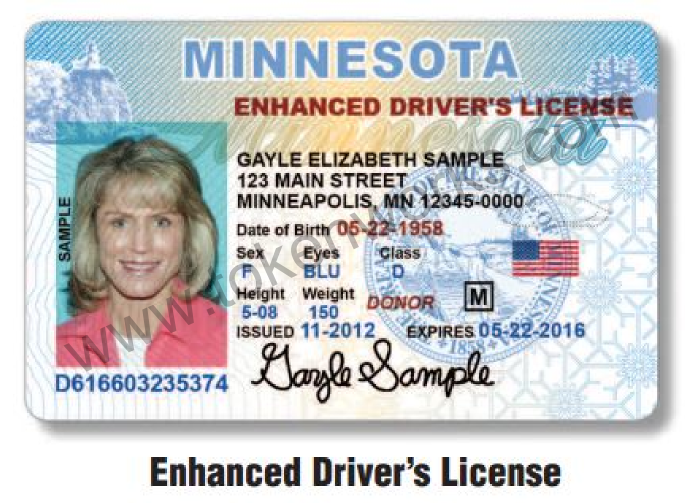Rfid Chip In Ny Drivers License

Download dragon ball af. Radio frequency identification chips are everywhere—in passports, library and payment cards, school ID cards, and even in NFL players' uniforms.
So why not put RFID chips in driver's licenses? California Gov. Jerry Brown has a bill awaiting his veto or signature that would do just that. The states of Washington, New York, Michigan, and Vermont already have adopted the spy-friendly, voluntary program that links your license with the Department of Homeland Security. For the moment, the cards are designed to be used instead of passports at US land borders in a bid to speed up the entrance lines from Mexico and Canada.
Following complaints from privacy groups, California lawmakers on Friday suspended legislation to embed radio-frequency identification chips, or RFIDs, in its driver's licenses and state.
But the more states that sign on, the more likely such cards could become mandatory across the country. That's why privacy advocates are urging the governor to veto the measure. The American Civil Liberties Union, for instance, is decrying the move to RFID chips in driver's licenses as a 'civil liberties nightmare.'
According to the ACLU:
Experts warned that this technology was insecure ten years ago, when the Department of Homeland Security (DHS) under President Bush first introduced these licenses. Back then, DHS admitted that the personal information stored in these chips could be read from a distance of up to 30 feet.
In fact, a security researcher built a reader with $250 in spare parts, drove around downtown San Francisco, and proved how easy it is to read and copy these documents—without anyone ever knowing or even suspecting their information was being skimmed.
Sound creepy? That’s because it is. This technology is a dream come true for identity thieves and stalkers, and a civil liberties nightmare for Californians concerned about government intrusion and tracking.
Jim Harper, of the Cato Institute, has been beating the drum against this program for years. He views it as an offspring of the 2009 Western Hemisphere Travel Initiative, and Harper said it's 'not difficult' to imagine a time when this so-called Enhanced Driver's License (EDL) program 'ceases to be optional.'
For its part, Homeland Security says the RFID chips do not store personal identifying information. The chip contains a unique number linked to a motorist and is stored in a DHS database.
Setting aside the Orwellian, slippery slope argument that the RFID tags one day could become mandatory nationwide, researchers say the chips are highly susceptible to forgery. University of Washington researchers have concluded that there is 'no encryption of any kind and they can be read by anyone,' and that 'reading and cloning' of them 'is possible.' The American Electronics Association has warned that hackers could read the chips from a distance and 'easily create a duplicate.' Even the DHS Office of the Inspector General issued similar warnings.
History has shown that government-issued cards mutate for other purposes. For example, buying health insurance or even a mobile phone often requires providing a Social Security number. The Social Security card was designed to track Americans' federal retirement accounts.